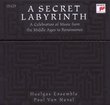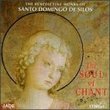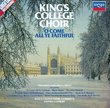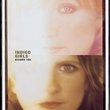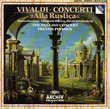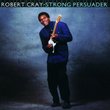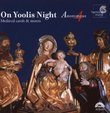| All Artists: Anonymous, French Anonymous, Byttering, Gregorian Chant, J. (John) Cooke, Thomas Damett, John Forest, Matheus de Sancto Johanne, Paul Hillier, Gordon Jones Title: The Old Hall Manuscript - English Music c 1410-1415 /The Hilliard Ensemble * Hillier Members Wishing: 4 Total Copies: 0 Label: Virgin Veritas Release Date: 5/23/2000 Genres: Special Interest, Pop, Classical Styles: Vocal Pop, Opera & Classical Vocal, Historical Periods, Early Music Number of Discs: 1 SwapaCD Credits: 1 UPC: 724356139329 |
Search - Anonymous, French Anonymous, Byttering :: The Old Hall Manuscript - English Music c 1410-1415 /The Hilliard Ensemble * Hillier
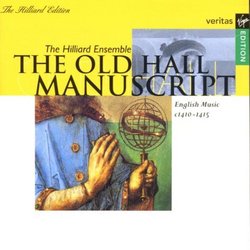 | Anonymous, French Anonymous, Byttering The Old Hall Manuscript - English Music c 1410-1415 /The Hilliard Ensemble * Hillier Genres: Special Interest, Pop, Classical
|
Larger Image |
CD DetailsSimilar CDsSimilarly Requested CDs
|
CD ReviewsThe Old Hall Manuscript Mr Bassil A MARDELLI | Riad El-SOLH , Beirut Lebanon | 04/11/2008 (5 out of 5 stars) "What I know about The Old Hall Manuscript, it is the greatest, most accomplished, and important source of England's hallowed music of the late 14th and early 15th centuries. This recording has been able to convey best source for English music of the late era of the middle ages. Medieval scholars will certainly love it. It has the attraction of taking you back in time that was characterized by chivalry and knighthood, nobility and aristocracy. The Manuscript has, providently, escaped from destruction when King Henry the Eighth carried out his devastating actions against Churches and Monasteries by his Dissolution Decrees in the 1530s. I believe The Manuscript is being maintained by the British Library since 1950s. (not in 1973) This recording has some twenty five musical pieces - motets - (selected from 148 compositions) ranging from half a minute to five minutes scattered in a sporadic manner. Mostly composed, Gloria, Pia mater, Nesciens mater (thirty nine seconds), Ascendit Cristus is five minutes and three seconds, the Credo, Sanctus and Agnus Dei, are remarkably different from later periods when the traditional genre of lyrics composing became appealing to critical interest and development in musical tastes. " Valuable hcf | 08/12/2000 (5 out of 5 stars) "The Old Hall Manuscript is a major source of the 15th century English sacred music. The selection of works from this manuscript, presented on this recording, follows the general layout adopted by the compilers of the manuscript: first come the movements from the mass ordinary in their logical sequence (Gloria, Credo, Sanctus and Agnus), interpolated with liturgical antiphons, then come the settings of the last response - Deo Gratias. In addition, to make the source of plainchant in several antiphons more clear, the Hilliard included four plainsong melodies directly in front of the antiphons. This recording is extremely valuable because it brings back from oblivion many wonderful works with which the listener is not likely to be familiar. The Hilliard sing these pieces with crisp clarity and energetic tempi. My favorite pieces are Pycard's Gloria , a queue of rapid imitative entries, fortified by the use of three equal voices (tenors); and Anon. Agnus Dei (track 21), an example of the style called English Discant (in its simplest form, a plainsong melody in one of the voices, harmonized note for note in the other voices). Recorded in 1990, this is the last Hilliard recording still featuring their founder - the wonderful baritone Paul Hillier."
|

 Track Listings (25) - Disc #1
Track Listings (25) - Disc #1